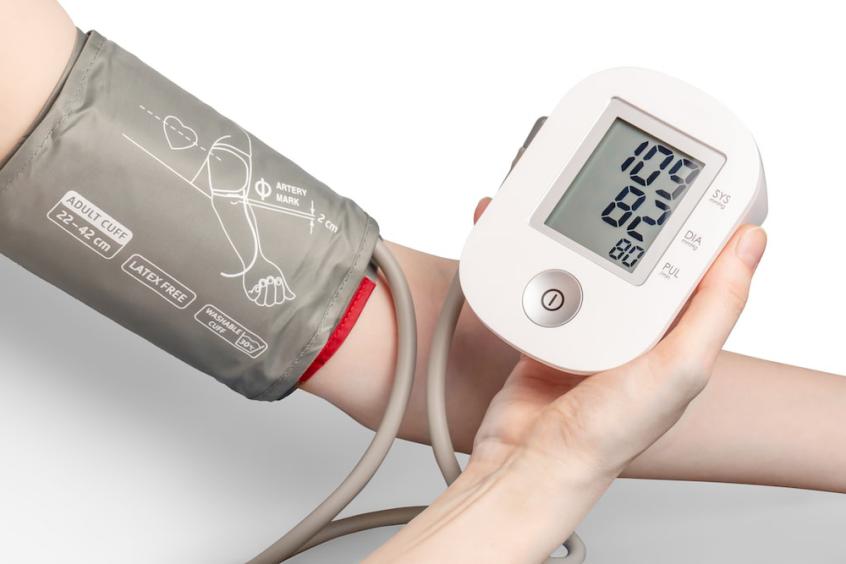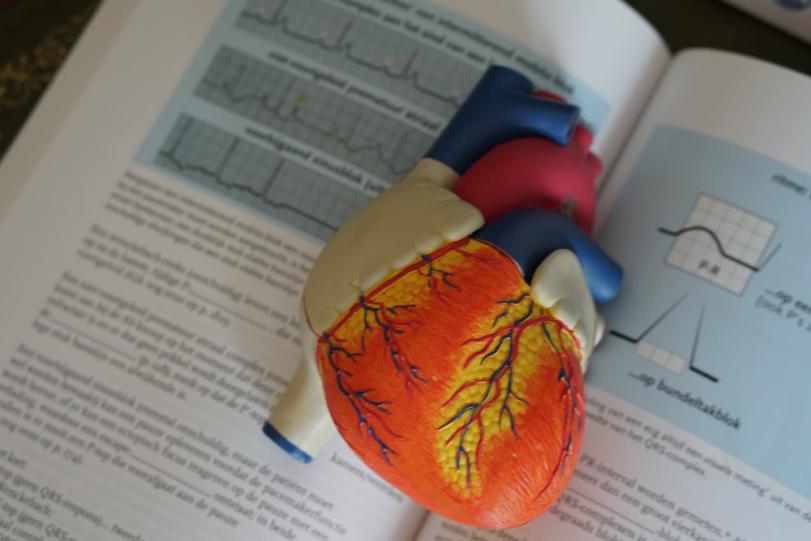Unmasking the Silent Threat: Understanding and Managing Hypertension

Hypertension, often referred to as the "silent killer," is a common but insidious health condition that affects millions of people worldwide. It is a condition that often goes unnoticed until it causes significant damage to the body. Here, we will provide an educational approach to better understand and manage hypertension.
The Silent Threat
Hypertension, or high blood pressure, is often called the "silent killer" because it rarely presents noticeable symptoms until it reaches a severe stage. This lack of prominent warning signs can lead individuals to underestimate the significance of the condition. Meanwhile, it steadily damages the heart, blood vessels, and other organs, killing the individual slowly.
Understanding Hypertension
To manage hypertension effectively, it's crucial to understand what it is and how it affects the body. Blood pressure is a measure of the force of blood against the walls of the arteries as the heart pumps it around the body. Hypertension occurs when this pressure is consistently higher than normal, which can strain the arteries and the heart.
The two values that make up a blood pressure reading are systolic,i.e., the pressure when the heart beats,and diastolic, i.e., the pressure when the heart is at rest. A typical blood pressure reading is around 120/80 mmHg, where 120 is the systolic pressure and 80 is the diastolic pressure. Hypertension is generally defined as having blood pressure consistently above 130/80 mmHg.
Consequences of Untreated Hypertension

Uncontrolled hypertension can have severe health consequences, including:
- Cardiovascular Disease: Hypertension is a leading cause of heart disease, which includes heart attacks and strokes.
- Kidney Damage: High blood pressure can damage the kidneys over time, leading to kidney disease and even kidney failure.
- Vision Problems:Hypertension can damage blood vessels in the eyes, leading to vision problems or even blindness.
- Cognitive Impairment:Research suggests that unmanaged hypertension can increase the risk of cognitive decline and dementia.
Managing Hypertension
The good news is that hypertension is manageable. Lifestyle changes and, when necessary, medications can help control blood pressure effectively.
Lifestyle Modifications
- Healthy Diet: Reduce salt intake and focus on a diet rich in fruits, vegetables, and whole grains.
- Regular Exercise: Engage in physical activity for at least 150 minutes a week to help lower blood pressure.
- Weight Management: Losing excess weight can significantly reduce blood pressure.
- Limit Alcohol and Caffeine:Excessive caffeine consumptionand regular use of alcohol can raise blood pressure. It is vital to remember that moderation is key.
- Stress Management:Practice stress-reduction techniques like meditation, yoga, or deep breathing exercises.
Medications
In some cases, lifestyle changes alone may not be enough to manage hypertension. Doctors may prescribe medications to help control blood pressure. It's essential to follow your healthcare provider's recommendations and take medications as prescribed.
Regular Monitoring
Maintain regular check-ups with your healthcare provider to track your blood pressure and adjust treatment as needed.
Final Thoughts
Hypertension is a serious health condition that, if left unchecked, can lead to severe complications. If you believe that you are at risk of developing this condition and need assistance in the matter, feel free to reach out to us at TelMDCare. With experienced professionals at our disposal, we can connect you to reliable virtual doctors for hypertension. Contact us today to begin your journey toward a healthier life.